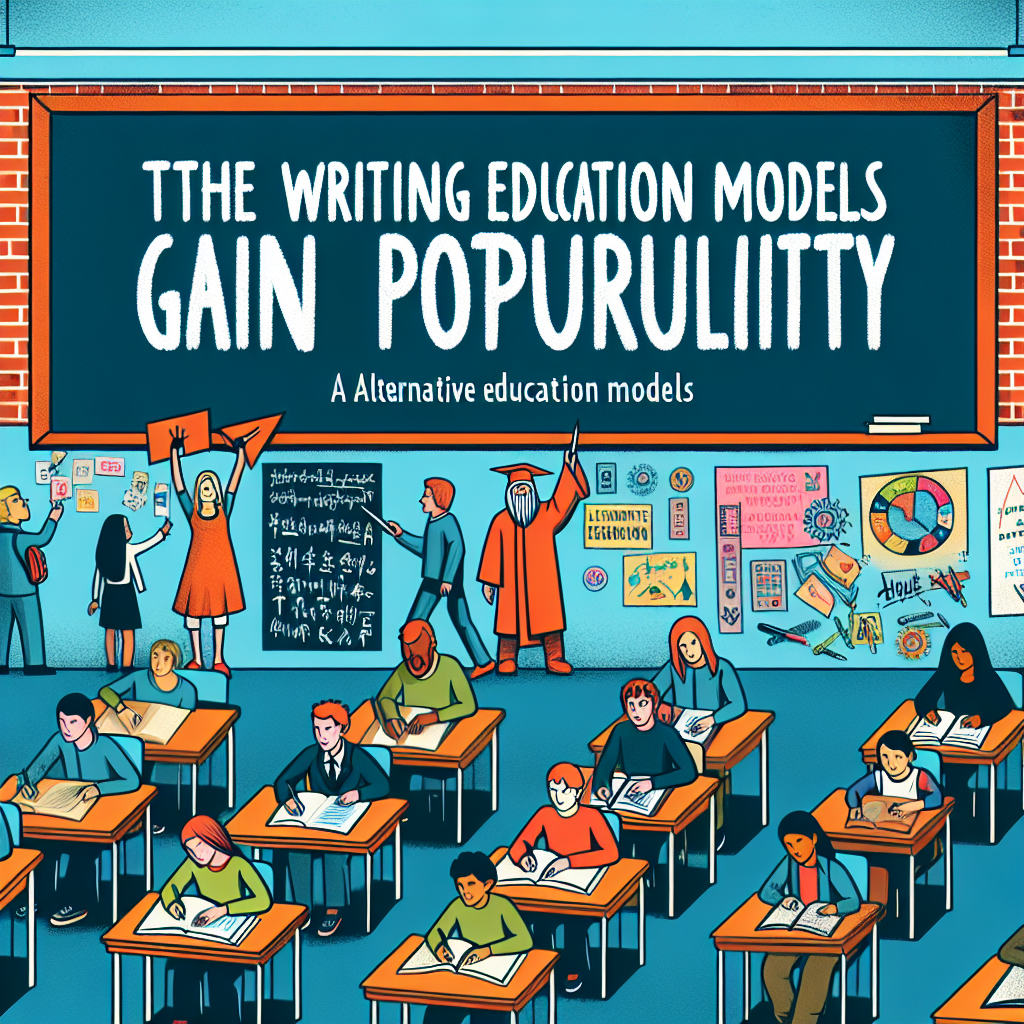Through a melding of culinary tradition and modern pedagogy, an unconventional perspective emerges on food as a means of learning – about ourselves, our cultures, and of course, our environment.
In essence, we begin to see that the roots of this educational shift are not embedded in modernity alone but stem from cultural practices deeply intertwined with environmental stewardship.
The adoption of alternative education models is often seen as a response against traditional hierarchies. However much like sourdough bread rising in a baker’s kitchen; it’s deep-rooted within its starter: our inherent connection to nature exemplified through the act of nurturing and nourishing.
- Culinary Tradition:
‘Food Literacy’ programs advocate for curriculum that teaches children about where their food comes from – a nod to simpler times when farming was part of daily life. In urban classrooms amidst textbook-led lessons, palpable excitement is seen as students engage with soil tests or calculating compost ratios.
- Cultural Roots:
Historically communities had indigenous knowledge passed down generations covering weather patterns to seed selection. This ‘primitive’ schooling laid foundations for respecting mother earth – something fast getting lost in today’s digital era.
- Modern Evolution:
